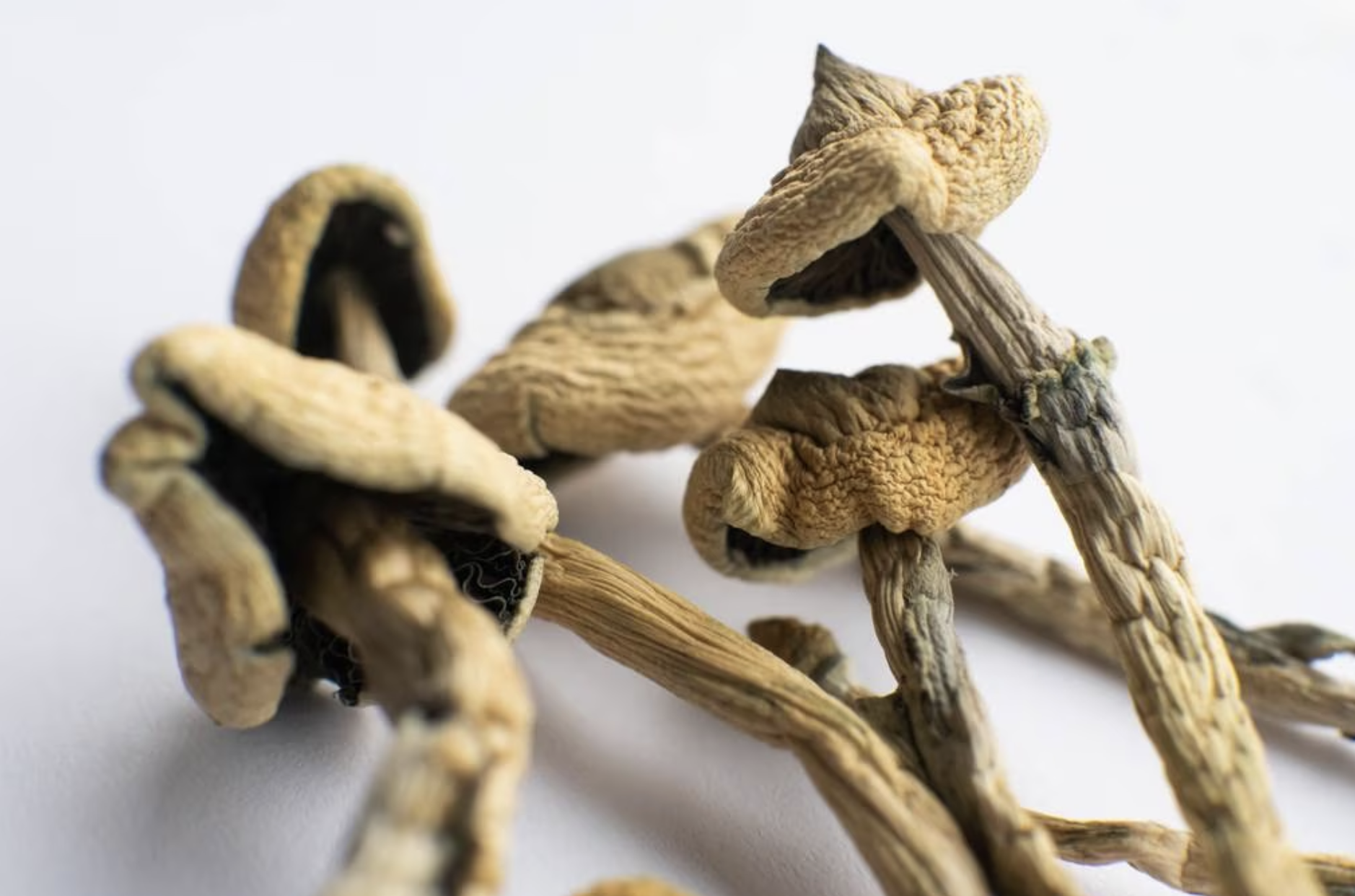
The path is now clear for a campaign in California to start collecting signatures for a 2024 ballot proposal that aims to legalize the possession, sale, and controlled therapeutic use of psilocybin. This is one of at least two initiatives in the state that are striving to bring about changes in psychedelic laws via the ballot process next year.
Decriminalize California, an organization that has previously attempted to get similar measures on the ballot in two previous election cycles, revealed over the weekend that the state attorney general's office gave the green light to the title and summary for the current initiative on Friday. This time, the number of signatures required to make it to the ballot is lower than in previous cycles due to a decrease in turnout in the last general election.
The proposal not only seeks to legalize the possession, cultivation, and sale of psilocybin for adults aged 21 and over, but it also calls for the state to set up a regulatory system that would allow healthcare professionals to use the psychedelic for therapeutic purposes.
"Now that the pandemic is behind us, we can fully leverage all the summer festivals and fully engage our college teams for tabling days when they resume in late August and September," said Ryan Munevar, campaign director of Decriminalize California, in a mass email.
He added, "However, the political landscape is going to be even more chaotic this time around as we are bracing for a surreal rematch of Biden vs Trump and the deafening chatter from that is going to be monumental as both parties continue to polarize the nation. All we need to do is stay on track, gather the signatures, and get it on the ballot."
The state of California would need to "establish qualification requirements and procedures for psilocybin-assisted therapy created by an unspecified 'independent professional certifying body,'" according to the summary prepared by the attorney general's office.
A separate financial analysis from the Legislative Analyst's Office suggests that the implementation of the legalization aspect of the policy, which would also involve expunging records for previous psilocybin-related convictions, would likely result in a "net reduction in costs" for the state.
The creation of regulations and the certification of health professionals for psilocybin therapy would incur costs, "ranging from minimal to tens of millions of dollars," but these could potentially be balanced out over time with revenue from licensing fees.
In terms of the commercial legalization of the psychedelic, the measure would also permit the "social consumption, on-site consumption, sales at public events, sales at farmers’ markets, and retail sales, whether or not for profit," of psilocybin.
There would be no limit on possession, and local jurisdictions could only limit psilocybin-related activities in their area if the issue is put to voters and approved. If the fungi are sold for recreational use, they could only be subject to a local tax. Psilocybin used for therapeutic purposes could not be taxed.
Decriminalize California is currently on the lookout for volunteers, as well as county directors, to help the campaign as it aims to gather at least 546,651 valid signatures from registered voters by January 10, 2024. This is a lower threshold than previous cycles, as the requirement is based on turnout from the last general election, which was diminished due to a gubernatorial recall effort.
This marks the campaign's third attempt to bring about this reform. Its efforts in 2020 and 2022 fell short of the required signatures, largely due to complications related to the coronavirus pandemic.
In the meantime, another organization—Californians for Treatments, Research, Education, Access, and Therapies for Psychedelic Assisted Therapy (PAT) and Cures—has announced its intention to put a psychedelics-assisted therapy initiative on next year's ballot as well, but details about the measure are scarce and the campaign has not responded to multiple inquiries from Marijuana Moment.
"TREAT California will establish a $5B state research funding agency to provide treatments, research, education, access, and therapies using psychedelic medicines and other novel therapeutics," the group's website states, although it doesn't seem to have filed or released the text of its ballot proposal. "By providing a consistent, sustainable funding source to build the psychedelic ecosystem, we can bring these medicines to the public in a safe, responsible, and ethical manner."
Simultaneously, a bill passed by the California Senate to legalize the possession and facilitation of certain psychedelics is making its way through the Assembly, having cleared two committees in recent weeks as it heads to a final panel before potentially going to the floor.
Just last week, the City Council of Berkeley, California, passed a resolution to deprioritize the enforcement of laws prohibiting psychedelics. This follows similar local reforms enacted in Oakland, San Francisco, and Santa Cruz.

